|
|
General: NUEVA YORK ESTA UBICADO EN FUNCION AL TIEMPO Y AL ESPACIO AL DIA DE SAN MARCOS
Choose another message board |
|
Reply |
Message 1 of 19 on the subject |
|
25/4=DIA DE SAN MARCOS
DÍAS DE CELEBRACIÓN DE π

Entre los que se encuentran el mismo 22 de Julio (22/7=3.1428), y curiosamente también el 21 de diciembre…

Pero el día oficial de π es el 3-14…
25/4 es el dia de SAN JUAN MARCOS, DIA NUMERO 227 DEL CALENDARIO COPTO
|
858. 1 Corintios 11:9: y tampoco el varón fue creado por causa de la MUJER, sino la MUJER por causa del varón.
63. Marcos 2:27:
Marcos 2:27: También les dijo: El DÍA DE REPOSO fue hecho por causa del hombre, y no el hombre por causa del DÍA DE REPOSO.
|
OBSERVA ESTA DOS VERSICULOS. EL VARON FUE CREADO POR CAUSA DE LA MUJER Y NO LA MUJER POR CAUSA DEL VARON. (MARCO 11/9 O 9/11)
OBSERVA TAMBIEN MARCOS 2:27 (22/7=DIA DE MARIA MAGDALENA) CONFIRMA QUE EL DIA DE REPOSO FUE HECHO POR CAUSA DEL HOMBRE Y NO EL HOMBRE POR CAUSA DEL DIA DE REPOSO.
SILOGISMO=LA MUJER ES EL MISMO DIA DE REPOSO.
MARCOS 9/11 Y MARCO DIA DE MARIA LA MAGDALENA 22/7
INSISTO ¿PORQUE LAS BODAS DE CANA FUERON EN UN SEPTIMO DIA?
ES OBVIO EN ESTE MARCO QUE LA BODA FUE DEL MISMO CRISTO CON MARIA LA MAGDALENA.
LA UBICACION DE NUEVA YORK (74 OESTE O 254 DESDE EL MERIDIANO DE CAMBIO DE DIA ESTA INTERRELACIONADA CON LOS 254 DIAS QUE HAY DESDE EL PRIMERO DE ENERO HASTA EL 11 DE SEPTIEMBRE)
City Coordinates: 40°43′N 74°0′W
φ Latitude, λ Longitude (of Map center):
|
|
|
|
Reply |
Message 5 of 19 on the subject |
|
APO 1
1 La revelación de Jesucristo, que Dios le dio, para manifestar a sus siervos las cosas que deben suceder pronto; y la declaró enviándola por medio de su ángel a su siervo Juan,
1093. Marcos 13:32: Pero de aquel día y de la hora nadie sabe, ni aun los ángeles que están en el cielo, ni el Hijo, sino el PADRE.
¿PORQUE NO ES OMNISAPIENTE?
QUIERO UNA RESPUESTA RACIONAL
AMIGO, ADORAR AL HOMBRE NO ES ALGO RACIONAL
|
AD UNIVERSI VIRTUALIS ORBIS SUMMI ARCHITECTI GLORIAM

|
|
|
|
EL ADORAR AL HOMBRE, QUE OBVIAMENTE NO TIENE NI IDEA DEL FUTURO, PORQUE ESTA OBVIAMENTE EN FUNCION AL TIEMPO, ES UNA ESTUPIDEZ HUMANA. NO HAY PEOR CIEGO QUE EL QUE NO QUIERE VER
|
|
|
|
|
|
Reply |
Message 6 of 19 on the subject |
|
|
Obviamente que Dios es Dios de vivos..
Puesto que en la fe nadie muere..
Y los patriarcas Abraham, Isaac, Jacob ..
Caminaron por fe..
Dios le cambio el nombre de abram a abraham..
Porque es el primer viviente según el pacto de la circuncisión..
El primer hombre de fe, el padre de naciones..
Y ese pacto de Dios con Abraham sigue vigente hasta hoy..
Porque en la fe de Abraham son salvas todas las naciones..
Y para dejar tranquilo a Barilochense le digo :
Dios también le cambió el nombre a la mujer de Abraham..
De Saraí ( princesa ) pasó a llamarse Sara que significa madre de naciones..
16. Y la bendeciré, y también te daré de ella hijo; sí, la bendeciré, y vendrá a ser madre de naciones; reyes de pueblos vendrán de ella.
Para que no diga que Dios no ama a sus hijas..
Saludos
El Ungido
|
SARA=SERPIENTE=$
DINERO= TIEMPO = SEXO
SEXO= 666 = SISTEMA SEXAGECIMAL |
|
|
|
Reply |
Message 7 of 19 on the subject |
|
Apple's New Fifth Avenue Store Cube Fully Revealed
By Eric Slivka
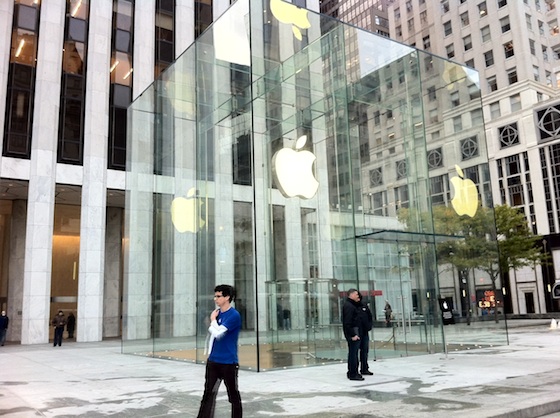
While Apple's Fifth Avenue retail store in Manhattan is not set to reopen until 10:00 AM this morning, crews have completed their work on the revamped glass cube, fully revealing the streamlined design for the first time.
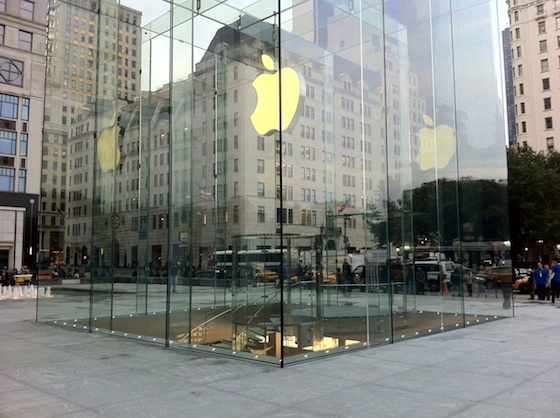
MacRumors reader Vincent sent along these photos of the new cube, which utilizes only 15 panes of glass rather than the 90 used in the original cube. The new cube is also "seamless", doing away with nearly all of the hardware that previously held the panes of glass together.
In addition to the new cube, Apple has also upgraded the plaza, refreshing or installing new water drains and pavers while removing the small bollards that had previously surrounded the cube.
Update: YouTube user patjem2 has posted a brief video showing the new cube and a growing crowd of customers just prior to the store's reopening.
A second video also shows the first customers entering the newly-reopened store through the updated glass cube.
Copyright © 2000-2011 MacRumors.com, LLC.
November 4th, 2011, 01:44 PM#274
Fearless Photog

Looks like they also ditched the depression from when, I think, this was a third fountain.
November 9th, 2011, 01:58 PM#275
|
|
|
|
Reply |
Message 8 of 19 on the subject |
|
|
|
|
Reply |
Message 9 of 19 on the subject |
|
New York's Future, Cubed
New York Sun Editorial
When the new Apple Store opens for its press preview today in front of the General Motors building, the story will be about more than a major marketing move by Apple. The giant box that will be unwrapped marks a new chapter in the story of New York, how the city renews itself, takes entrepreneurial gambles, marshals private capital to remake one of its most important public squares, and creates a sense of style and optimism about the future.
The Apple Store itself will be below street level, but its entrance will be marked by a glass cube measuring 32 feet along each side, a structure that promises to make the plaza at long last the iconic public space it has long striven to be. The cube, which hearkens to the iconic I.M. Pei pyramid in the Louvre courtyard at Paris and looks stunning in architects' renderings, is all but guaranteed a quick admittance into the pantheon of New York landmarks.
The store will sit at one of the most dramatic intersections in the world, adjacent not only to one of the most beautiful classical commercial buildings in the city - Bergdorf's - but across Grand Army Plaza from the Plaza Hotel, itself undergoing, with private capital, a major renovation and reinvention as a combination of luxury condominiums and a smaller and even more elegant hotel. It is a bet on, among other things, the idea of world-scale retail in the heart of a modern city.
The visionary behind the site of the Apple Store is Harry Macklowe, chief executive of Macklowe Properties. No stranger to the rough and tumble of New York real estate, he has long been a lightning rod in the city, partly a consequence of leading a series of projects, like the Metropolitan Tower, that have reshaped Manhattan's skyline. Say what one will about Mr. Macklowe, however, one has to give him credit for at least one thing - he knows how to place a big bet.
The site on Fifth Avenue between 58th and 59th Streets is an example of the process of reinvention that reshapes the city. The neighborhood started developing in the mid-19th century as the city grew northward. By 1870, William "Boss" Tweed had broken ground on a hotel there. It would have been called the Knickerbocker, but the project was interrupted when Tweed's reign collapsed in 1871. In the 1890s, the site became home to the Hotel Savoy, which would stand until it was replaced, in 1927, with the Savoy-Plaza. The new hotel building, designed by McKim, Mead & White, was a social and architectural landmark for decades.
It was torn down to make way for the present GM building, which opened in 1968. At the time, demand for office space in the Plaza neighborhood was high; one New York Times article in 1967, written as the GM building was going up, described the search for office space there as being "as intense as that for secretaries with English accents." One real estate expert, Laurence Meltzer, explained the district's popularity thus: "The Grand Central area is a functional area with a good labor force. Up in the 50s they're a little more conscious of class. There's more glitter and glamour."
"Glitter and glamour" would become the watchwords of the GM building, designed by Edward Durell Stone and Emery Roth & Sons. Its white marble-and-glass facade and elegant interiors elicited awed reactions from many of the 10,000 people who streamed through its doors on opening day in September 1968. A construction worker who had helped build it, John Greaves, told the Times, "I think it's the greatest building in New York, and not just because I worked on it." "Outstanding" was the verdict of a certain deputy commander of West Point by the name of Alexander Haig.
The developers were conscious of the fact that they were building more than a skyscraper but were in fact redesigning part of the city's public landscape. They set the building's 50-story rise back from the avenues as a way to avoid making the structure too overbearing. They also conceived of the plaza on Fifth Avenue as a new public space. On opening day, a Mrs. Max Cogan of Miami Beach told the Times that "I especially like the fact that it is set back from the street. All buildings should be like that." The original plaza, the heart of which was sunk 12 feet below street level, generated less enthusiasm. It attracted less foot traffic than its planners had hoped.
The building embodied a certain tension between the prejudices of architectural elites and ordinary New Yorkers. The latter were enthusiastic about the GM building, while the former were more skeptical. The architecture critic at the Times, Ada Louise Huxtable, described the variance as "the difference between I-know-what-I-like and serious judgment of the building's form and functions, and its impact on the New York scene." A worker at the Hamburger Heaven on 56th Street, Kenneth Williams, declared that the building would become a landmark. Ms. Huxtable declared that "General Motors has brought a new style and a new kind of abundance to Fifth Avenue. It has the best address in town. It has not given the city its best building." Forty years later, one almost thinks the burger flipper, and not the esteemed critic, turned out to be right.
The GM building reflects the way in which, in New York, even the things that stay the same are always changing. When it was built, the company whose name it bears was one of the greatest in the world. Yet by the 1980s, GM optioned the building to raise $500 million in cash and finally sold it in 1991. It ultimately found its way into the hands of an insurance company, Conseco, and one of New York's most flamboyant personalities, Donald Trump. The tower appeared in headlines yet again in 2003, when it fetched the highest price ever paid for an office tower on the continent as Mr. Macklowe paid $1.4 billion for it.
Much of that deal was financed with help from foreign businesses and individuals like Deutsche Bank and George Soros, and was eventually refinanced with capital from a private firm based in Atlanta and fueled by investments from Germans. It's a suitably global financing arrangement for one of the premier office towers in a global city. At the time, people were astounded by the audacity of the move and wondered how such an investment could ever pay off. Mr. Macklowe has been busily working to prove the skeptics wrong. Just over one year after the purchase, the building was estimated to be worth $1.6 billion.
That value arises from the building's continuing ability to attract A-list tenants, from Estee Lauder to the law firm Weil Gotshal & Manges to the toy store F.A.O. Schwartz to the hedge fund Perry Capital. The site has always been a microcosm of the economy and shows how important New York remains to the national, and global, economy. The space that once housed an automobile showroom now is home to a national television studio. The fact that Apple is investing in the site shows that Silicon Valley still pays homage to New York.
Meantime, even as the property has changed hands, its successive owners have striven for the right solution to its public space. Aware that the old plaza design wasn't working, Mr. Trump filled in the 12-foot-deep pit, in part to create more retail space below ground and in part to try to create a more workable public space. The effort was only partly successful. Then again, trial and error have been part of New York life for centuries.
The third time may well prove to be the charm. The glass cube is already generating buzz, in part because of some of the eccentricities of its design process. Mr. Macklowe reportedly had a full-size mock-up erected in the plaza under cover of darkness one night so that he could envision what it would look like. Just as quickly he had the model removed before daybreak. The developers reckon the cube will be its own advertisement for the store below, as there will be no signage on it.
Whether or not the public takes a shine to the cube and the revamped plaza around it, one thing is already clear. This cube is emblematic of the city that will surround it. It caps a gamble by one of the city's most daring real estate entrepreneurs. It will represent a reimagining of another metropolis's landmark. It will mix unabashed commercialism with a sense of civic responsibility. It is a bet of one entrepreneur and his private financial backers, offering an opportunity to reflect on how private enterprise has reshaped the city for generations and no doubt will for generations to come.
http://wirednewyork.com/forum/showthread.php?t=5681&page=9
|
|
|
|
Reply |
Message 10 of 19 on the subject |
|
Apple's latest cube: a mark of triumph, revenge
MAY WONG
Associated Press
Call it the symbolic revenge of the Cube.
Apple Computer Inc.'s latest cube-shaped creation - a stunning three-story glass structure marking the entrance to its new store on New York City's Fifth Avenue - reflects how far the Macintosh maker has come since its first embodiment of a hexahedron.
Apple's Power Mac G4 Cube computer was released in July 2000 as Chief Executive Steve Jobs was in the midst of turning around the Cupertino, Calif.-based company. The Cube was touted for its compact, industrial design and quiet engine, it but didn't sell well at $1,800.
The Cube was discontinued in 2001, though it still has devotees working on upgrades. It's also on display at New York City's Museum of Modern Art.
Now, Apple's towering glass cube entrance - complete with a glowing Apple logo suspended from within - has emerged like a triumphant symbol next to FAO Schwarz and across the street from Bergdorf Goodman. The store, Apple's 147th, underscores the company's influence.
Fueled by thriving sales of iPod players and Macs, the company reaped a record of nearly $14 billion in revenue in fiscal 2005. The stores have made Apple one of the fastest-growing retailers in the world.
Jobs said that when the property owner solicited him to open a store in the corridor underneath the plaza of the GM Building, his initial reaction was, "'Are you crazy?'"
But after mulling the proposal and coming up with an idea inspired by I.M. Pei's glass pyramid at the Louvre in Paris, Jobs asked if he could redesign the plaza.
The rest is part of Apple's storied history - and the apparent evolution of Jobs and cubes.
Jobs, who helped design the unique store entrance, also introduced cube-shaped computers almost two decades ago at NeXT, a company he founded before returning to lead Apple in 1997.
When asked last week if the cube was a favorite shape, Jobs replied: "No, I don't have a preoccupation with cubes, but it is a very clean shape."
http://wirednewyork.com/forum/showthread.php?t=5681&page=14 |
|
|
|
Reply |
Message 11 of 19 on the subject |
|
|
According to French financial daily La Tribune, Apple has received approval to build one of its eponymous stores in Paris. The location? Where else but under the glass pyramid in the Carrousel du Louvre.
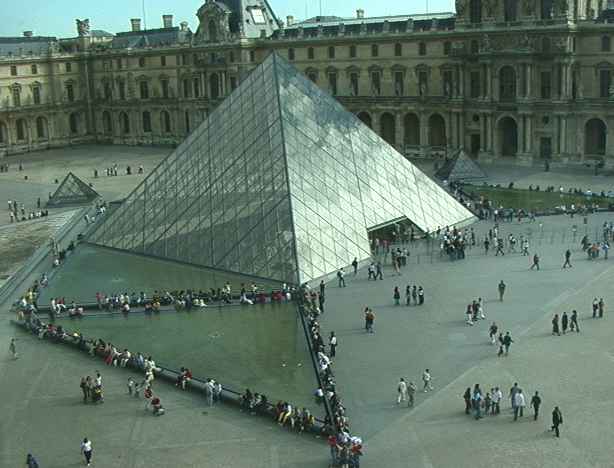
It would mark the second piece of geometric glass architecture used by the Cupertino company, the first being the cube at the Apple's Fifth Avenue store in Manhattan, New York that first opened in May 2006.
The plans encompass a 715 square foot area under the pyramid formerly inhabited by two shops known as Résonances and Lalique.
 |
| The now-iconic Apple Store on Fifth Avenue in Manhattan, the scene of many a line-forming ceremony in recent days. |
Completed in 1989 by modernist architect I.M. Pei, the glass and steel structure and is considered by many to be one of the great landmarks of Paris along with the Eiffel Tower. From the book "Conversations with I.M. Pei," the architect had this to say about his design, "'The glass pyramid is a symbol that defines the entry to the Louvre. it is placed precisely at the center of gravity of the three pavilions [and] assumes the function of a symbolic entry to a huge complex of meandering interconnected buildings which had no center."
Approval is only the first step and does not guarantee that an Apple Store will actually materialize under Pei's structure, but it makes one wonder about future Apple stores showing up in places like the Glass Cylinder memorial in Madrid, the Globus II shopping center in Kiev, or perhaps even in Germany's Reichstag.
https://betanews.com/2008/06/06/apple-store-aims-for-the-paris-louvre-s-glass-pyramid/
|
|
|
|
|
|
|
Reply |
Message 12 of 19 on the subject |
|
The Freemasonic symbology of the architecture in Washington, D.C. is replete with occult concepts and references.
The Square and Compass is aligned horizontally to revere the direction in which the Sun as well as the 'Sun behind the Sun' - the Star of Set, or Sirius which is also included in the layout as the White House is not only at the left side of the Compass, but it is at the bottom of the averse pentagram aligned with the North.
The Star Sirius is a binary star, and the lesser star - Sirius B - is depicted as the smaller star to the bottom left; 'The Pentagon'. Even the hieroglyph of Sirius contains the predominant elements of the architecture;
 the Obelisk (Washington Monument), the 5 pointed star, and the Dome (The Capital Building). the Obelisk (Washington Monument), the 5 pointed star, and the Dome (The Capital Building).
What's more is not only is the White House 13 blocks south the Masonic Temple, an inverted cross is formed by the lower line of the pentagram which is also 13 blocks.
|
|
|
|
Reply |
Message 13 of 19 on the subject |
|
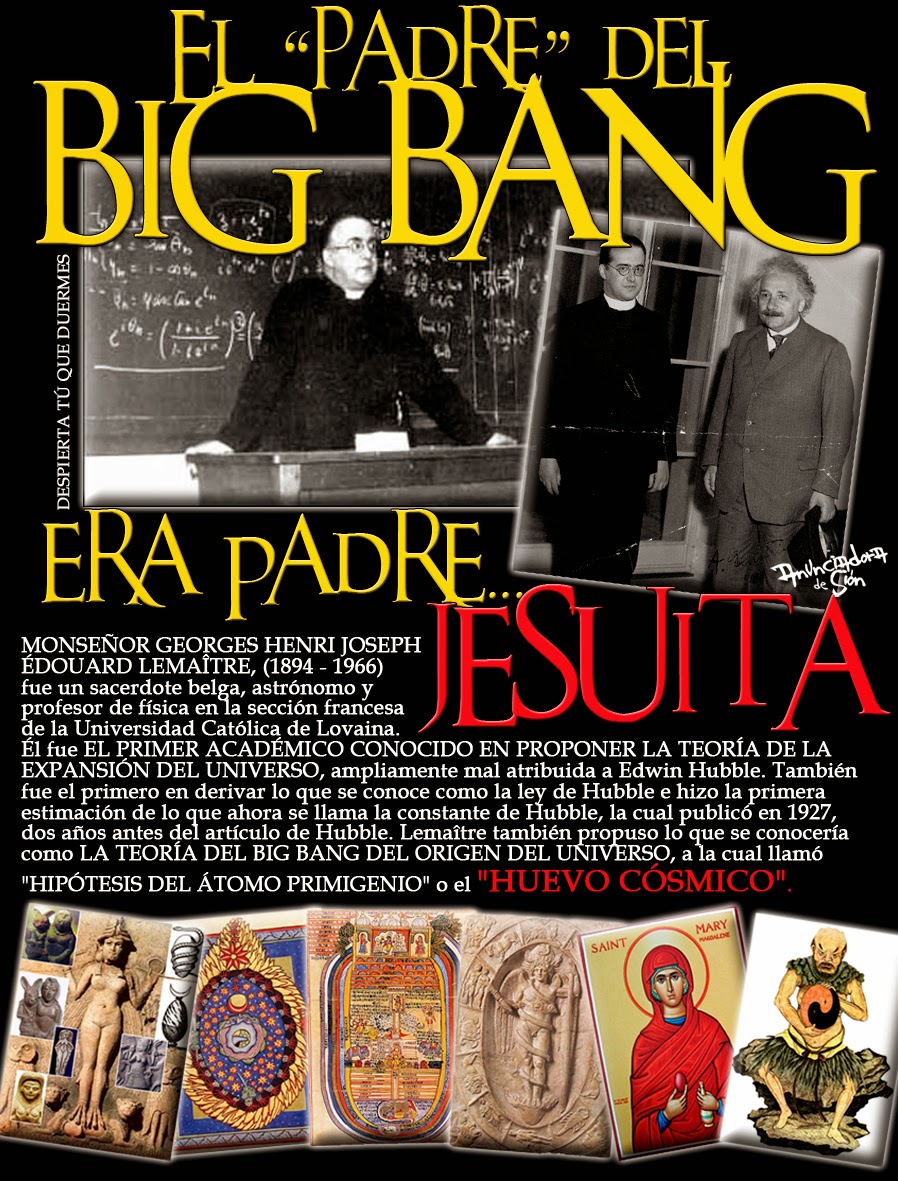 

11 DE SEPTIEMBRE O SEPTIEMBRE 11
11/9 O 9/11
Sapientia Aedificavit Sibi Domum. Es decir, "la sabiduría ha edificado aquí su casa". Resulta curioso que la misma frase aparece en el Evangelio de María Magdalena, un texto apócrifo. Se dice que en el interior de esta iglesia y de otras muchas de Venecia está escondido el tesoro de los templarios. Pero no hay ninguna prueba de ello. Para terminar ya con esta entrada me gustaría que nos acercásemos un momento a uno de los edificios más emblemáticos de Venecia: el Palacio Ducal.

La Maddalena

La Maddalena

Tomb of Tommaso Temanza
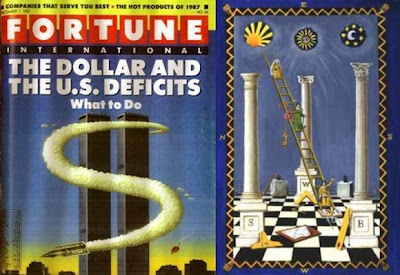
ISLA SAN GIORGIO (VENECIA)=GEORGE LEMAITRE
GEMATRIA EN INGLES DE SEED=33
GEMATRIA EN INGLES DE GATE=33
SARA (CE-SAREA DE FILIPO)=PARALELO 33
"¡Oh profundidad de las riquezas de la sabiduría (sophia)
y de la ciencia (gnwsiV, gnosis) de Dios!
¡Cuán incomprensibles son sus juicios, e inescrutables sus caminos!"
(Romanos, 11: 33).
 the Apple
| milky way in Simple Gematria Equals: 119 |
( |
m 13 |
i9 |
l 12 |
k 11 |
y 25 |
0 |
w 23 |
a1 |
y 25 |
) |
| queen mary in Simple Gematria Equals: 119 |
( |
q 17 |
u 21 |
e5 |
e5 |
n 14 |
0 |
m 13 |
a1 |
r 18 |
y 25 |
|
| hebrew calendar in Simple Gematria Equals: 119 |
( |
h8 |
e5 |
b2 |
r 18 |
e5 |
w 23 |
0 |
c3 |
a1 |
l 12 |
e5 |
n 14 |
d4 |
a1 |
r 18 |
| mary magdalene in Simple Gematria Equals: 119 |
( |
m 13 |
a1 |
r 18 |
y 25 |
0 |
m 13 |
a1 |
g7 |
d4 |
a1 |
l 12 |
e5 |
n 14 |
e5 |
|

|
|
|
|
Reply |
Message 14 of 19 on the subject |
|
|
|
|
Reply |
Message 15 of 19 on the subject |
|
|
|
|
Reply |
Message 16 of 19 on the subject |
|
|
|
|
Reply |
Message 17 of 19 on the subject |
|
ISLA SAN GIORGIO (VENECIA)=GEORGE LEMAITRE
GEMATRIA EN INGLES DE SEED=33
GEMATRIA EN INGLES DE GATE=33
SARA (CE-SAREA DE FILIPO)=PARALELO 33
|
|
|
|
Reply |
Message 18 of 19 on the subject |
|

72. The Egyptian Royal Cubit, the Inch, the Metre, and 254
Updated: Apr 16, 2024
A centimetre is 2.54 inches. At Giza, the number 254 is found as a factor which links various linear dimensions. What does it mean to multiply or divide a linear measure by 254? What does it mean to convert inches to metres, or vice versa?
254 is not the only factor that links the key dimensions at Giza, but it is a common theme. The other factors seem to be based in geometry (such as π , √3), and astronomy (such as 223, 235 and 29.53059).
As 29.53059 x 4/3 inches are close to 10 000 / 254 inches, as are 365.242199 / 354.36708 x 100 / 2.61803 inches, they can be used almost interchangeably to interpret the dimensions at Giza.
10000 / 254 = 39.3700787402
29.53059 x 4/3 = 39.37412
365.242199 / 354.36708 x 100 / 2.61803 = 39.368871
The number 254 is linked to both astronomy and geometry. It is linked to pi, to Phi squared, and to the solar and lunar years, as well as being the number of sidereal months in a Metonic period.
When linear dimensions at Giza are multiplied or divided by 254, it's not necessarily that in one place inches were used and in another metres were used. The metre and the inch can both be said to co-exist at Giza, and even if the metre hadn't appeared in the 18th century it would still appear at Giza. But the use of 254 could in fact be a reference to the ratio between the solar and lunar years combined with Phi squared, or to pi divided by the mean number of lunations in a year.
If we think of possible links between the metre, the inch and the Egyptian royal cubit, the number 254 also makes an appearance, since 2.54 cm are an inch. Converting between inches and metres allows us to see ways of thinking about the Egyptian royal cubit, in relation to geometry and astronomy.
The links between these three units, inch, metre and cubit, and to astronomy and geometry, may hint at something of the symbolic and religious significance of the cubit in ancient Egyptian cosmology and astronomy. It could also explain some of the enduring appeal of the metre and the inch.
Another interesting connection to be made to the number 254 is that, as Howard Crowhurst points out in his book Carnac the Alignments, there are 127 kerb stones around the base of Knowth, in Ireland.
127 is a major prime number (...) and as such is a mirror of the fundamental prime number, One. But it is also half of 254 which is the number of lunar orbits in the 19 year Metonic cycle which also counts 235 full moons. The exact relationship between the metre length and the foot is also to be found through this number since 1 inch = 2.54 cm. Also a right angled triangle with a hypotenuse of 254 m and a base of 235 m has a third side measuring 100.0037 x √10 feet. (1)
The presence of the number 127 in Ireland seems to suggest a link to the repeated presence of 254 at Giza. The 127 stones at Knowth also suggest we should take the inch - metre connection seriously when analysing ancient sites.
https://www.mercurialpathways.com/post/72-the-egyptian-royal-cubit
|
|
|
|
Reply |
Message 19 of 19 on the subject |
|
Alignment of the Giza pyramids with data measured by Sir W. M. F. Petrie [6] (distances in m). Two numbers have been slightly corrected: The long diagonal is 936.16 m rather than 936.19 m, and one angle is 31° 55' 13' rather than 34° 10' 11' (explanation in [5, p. 96; 6, p. 125]). The relative elevations stem from S. Perring (see: [9, part IV, map 1]). Detailed information is provided in the drawings of Maragioglio and Rinaldi [9]. The angles were calculated from the original distances, given in inches (1 inch = 2.54 cm).
https://www.researchgate.net/figure/Alignment-of-the-Giza-pyramids-with-data-measured-by-Sir-W-M-F-Petrie-6-distances_fig3_359688325 |
|
|
 First First
 Previous
5 a 19 de 19
Next Previous
5 a 19 de 19
Next
 Last
Last

|
|
| |
|
|
©2025 - Gabitos - All rights reserved | |
|
|











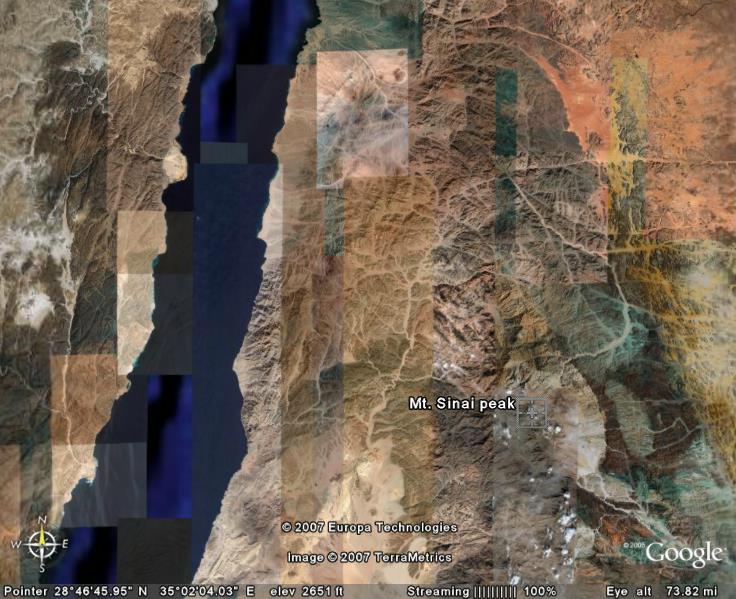
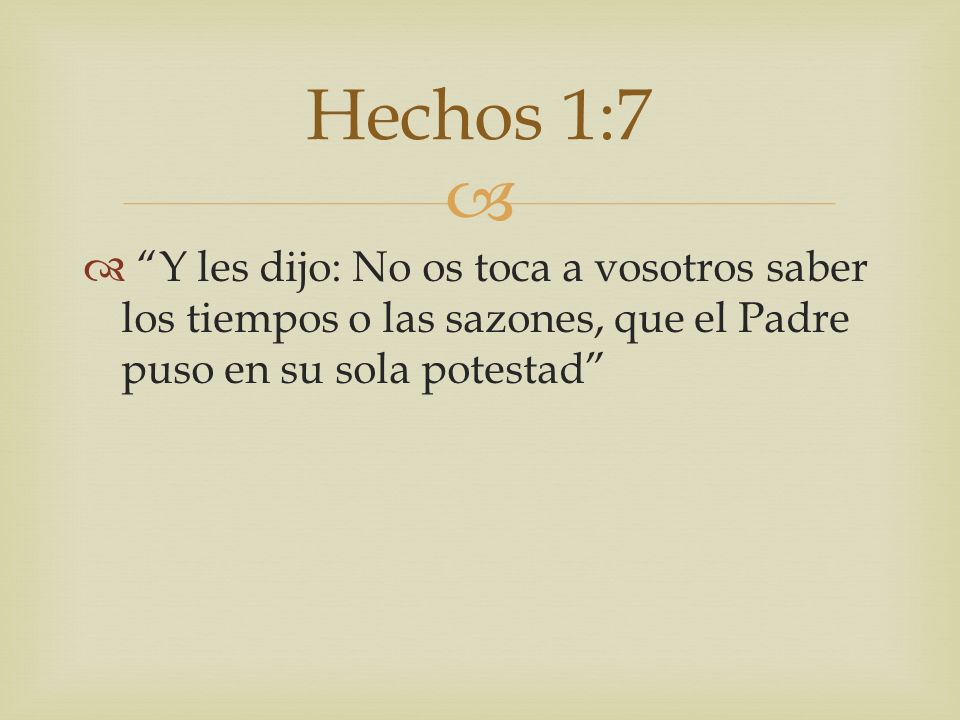


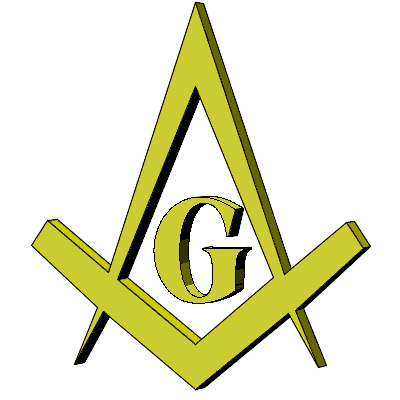


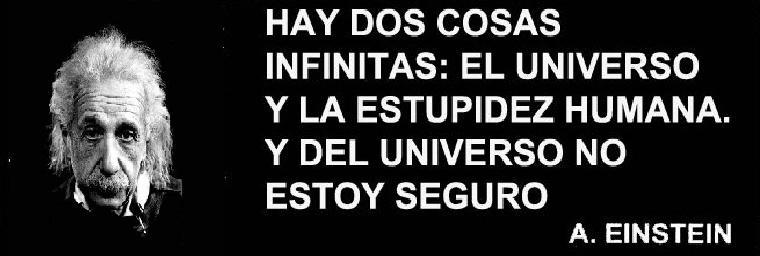



 Reply With Quote
Reply With Quote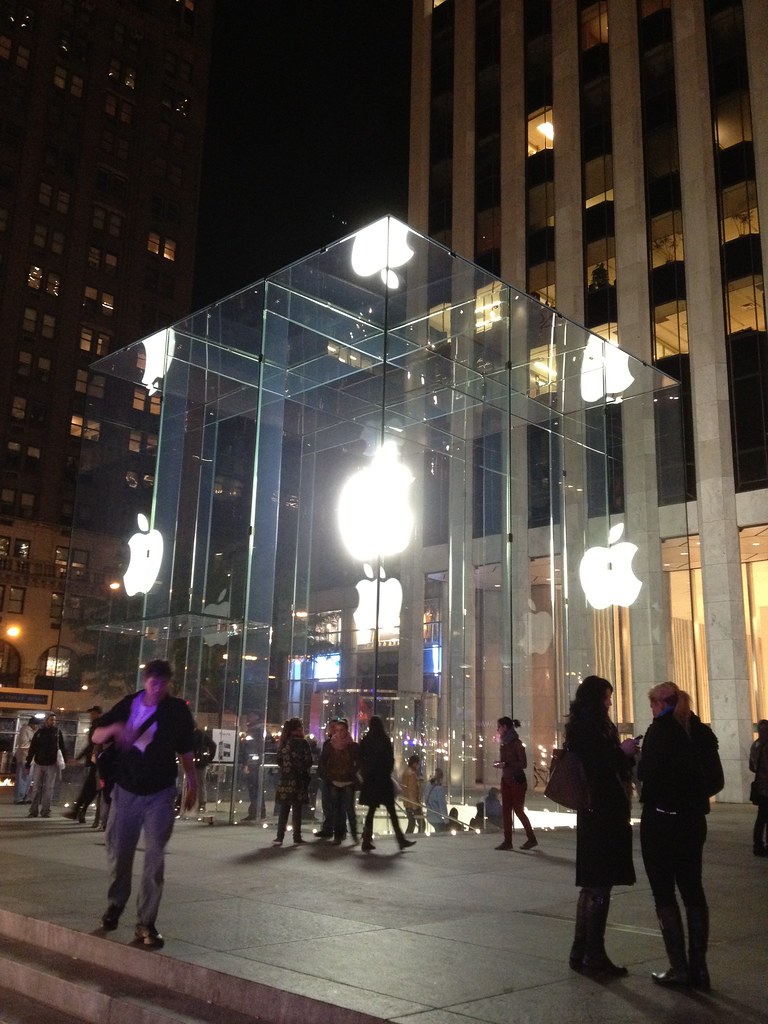



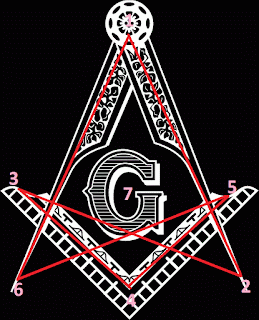


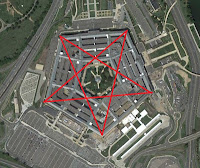














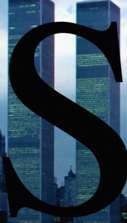







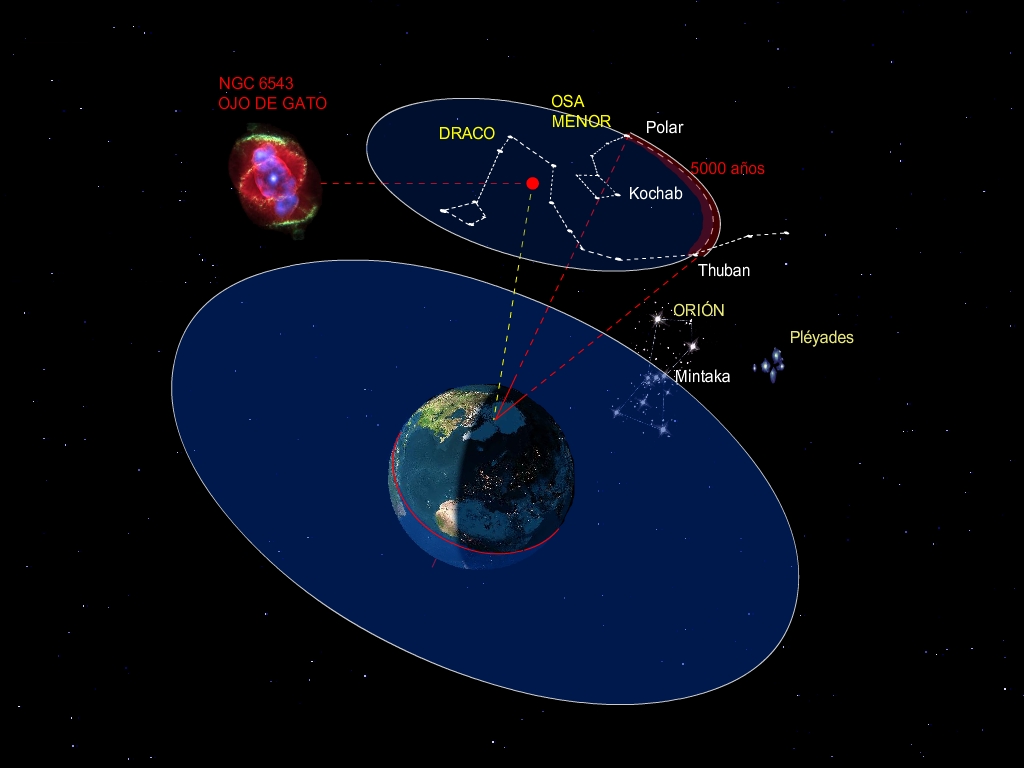


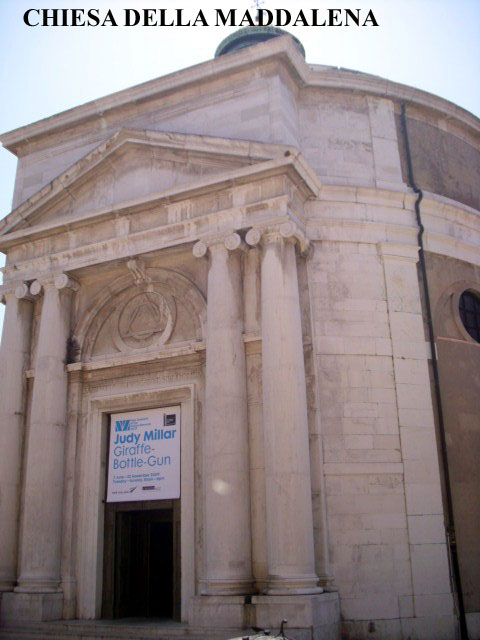





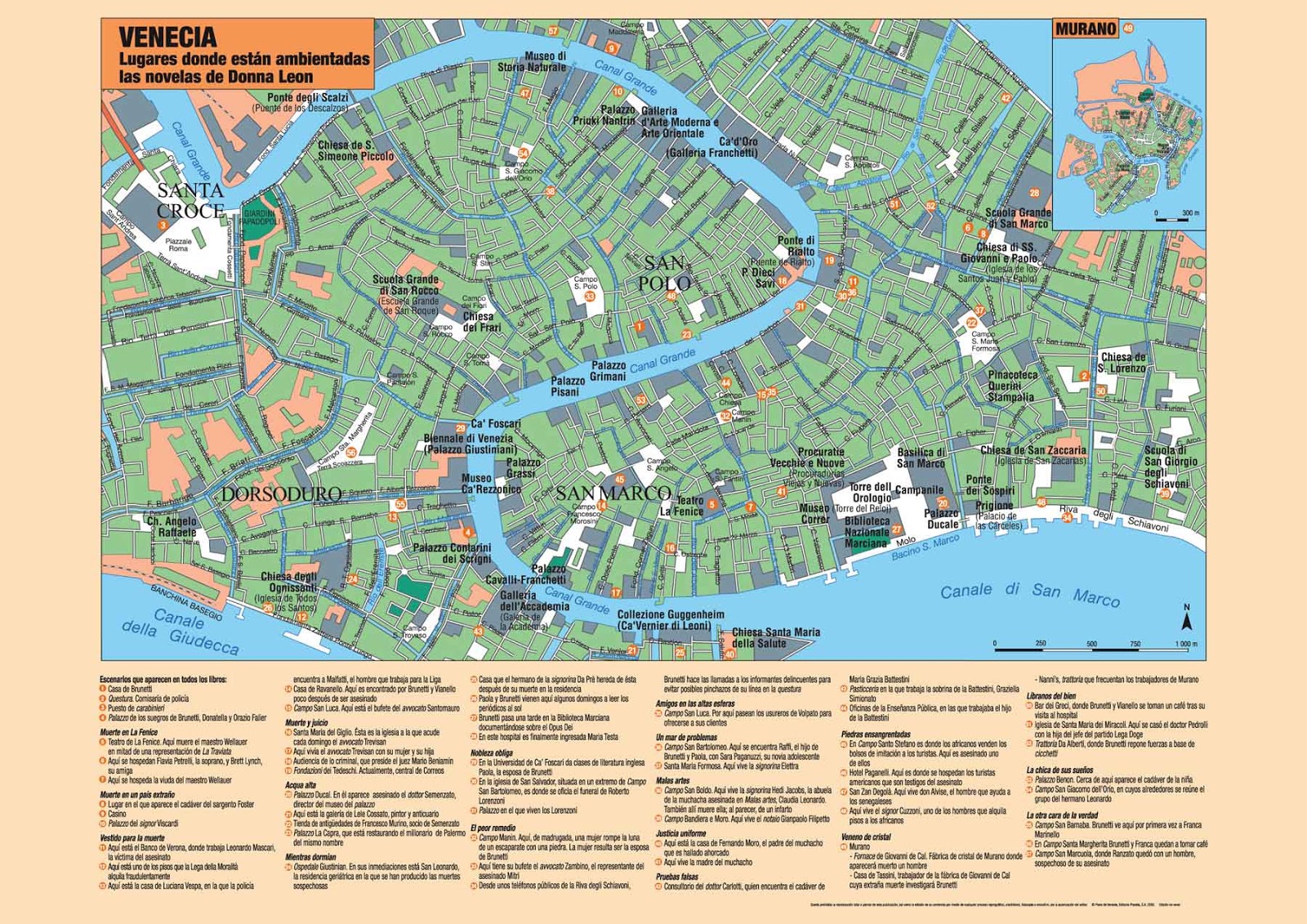

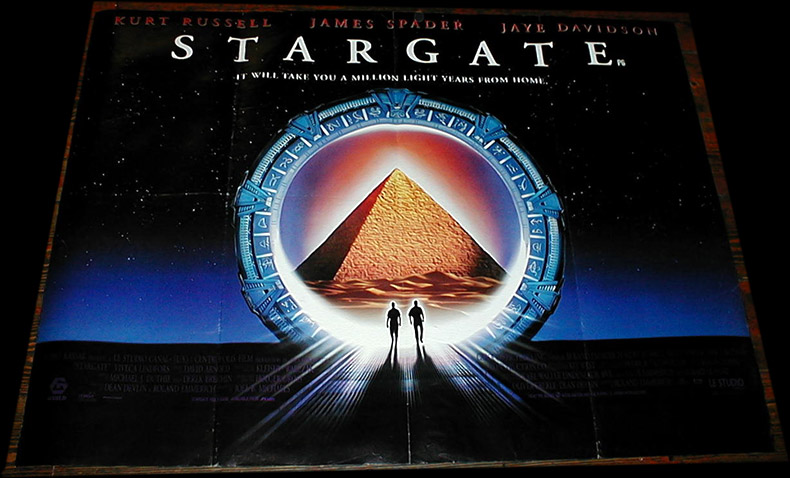







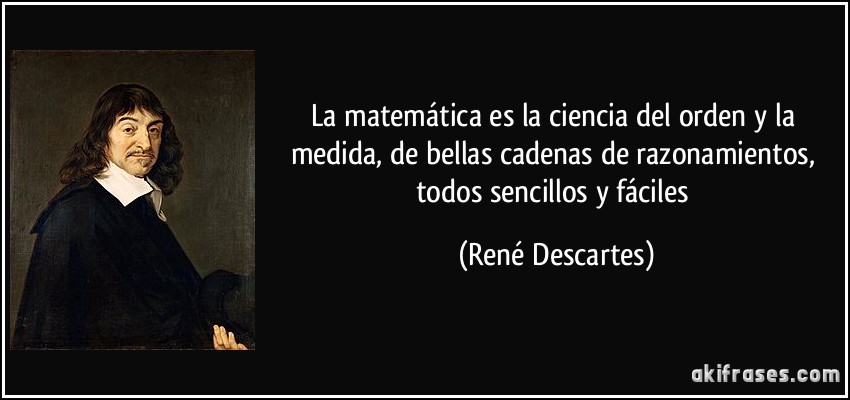




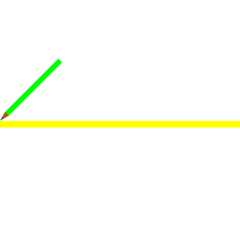




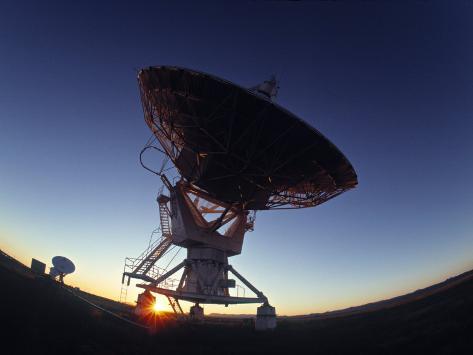

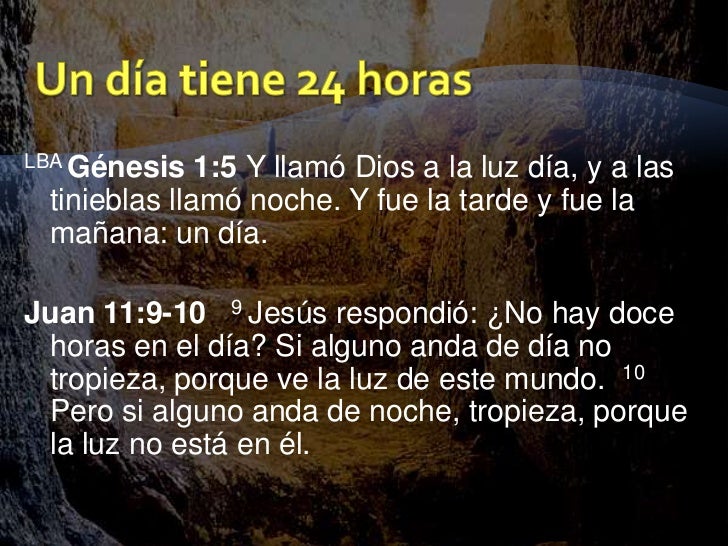



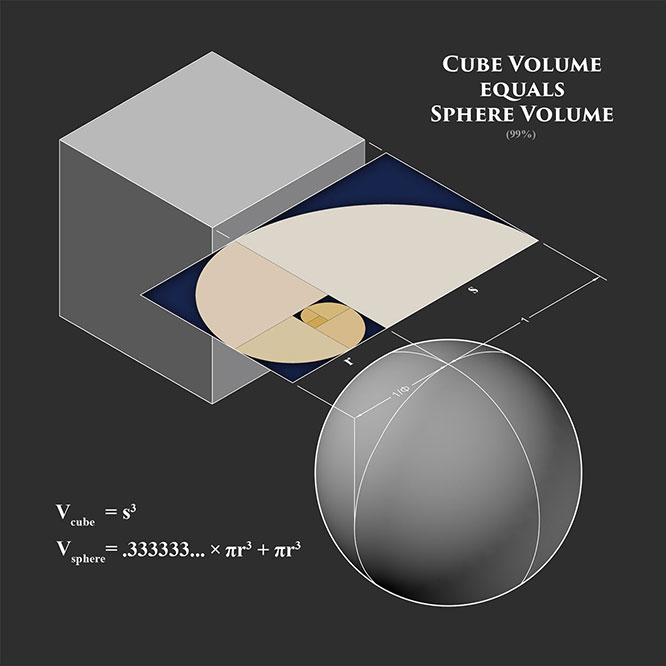


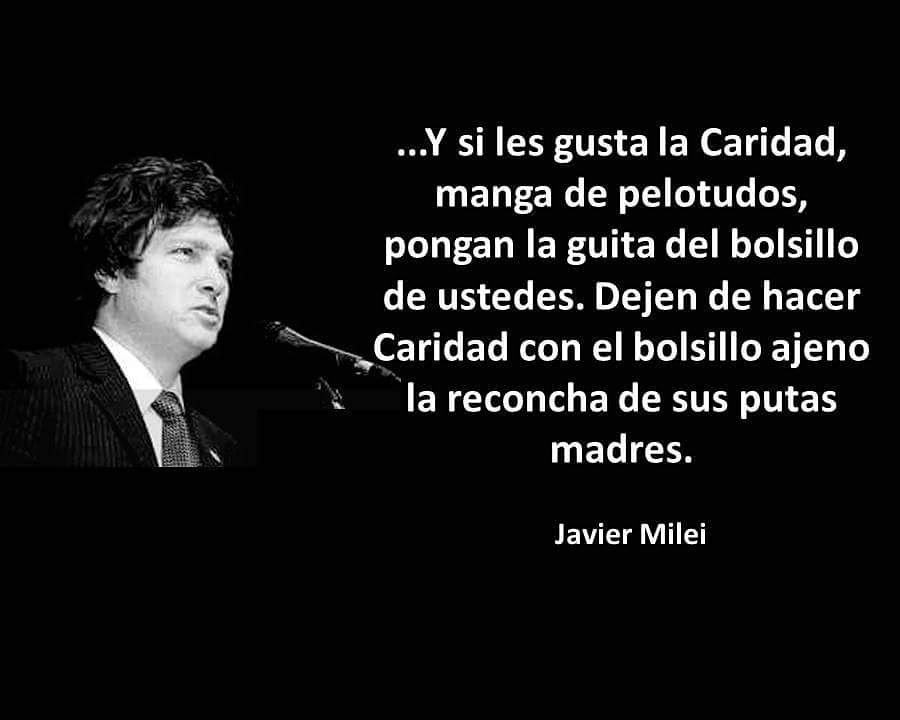



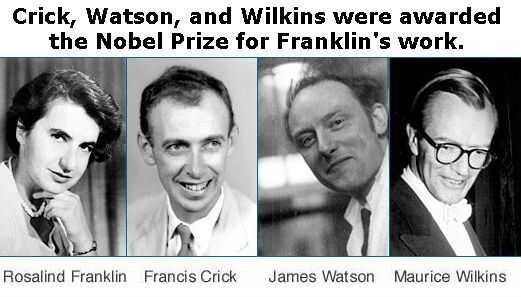
![Descubrimiento de la Estructura del ADN [Infografía]](https://3.bp.blogspot.com/-5btVztv_otA/XqTJX6FapKI/AAAAAAAAARs/DZFU_dHlelYXgLoFsmVLOZf2fEKMf73iQCPcBGAYYCw/s1600/descubrimiento-estructura-adn.png)







![Alignment of the Giza pyramids with data measured by Sir W. M. F. Petrie [6] (distances in m). Two numbers have been slightly corrected: The long diagonal is 936.16 m rather than 936.19 m, and one angle is 31° 55' 13' rather than 34° 10' 11' (explanation in [5, p. 96; 6, p. 125]). The relative elevations stem from S. Perring (see: [9, part IV, map 1]). Detailed information is provided in the drawings of Maragioglio and Rinaldi [9]. The angles were calculated from the original distances, given in inches (1 inch = 2.54 cm).](https://www.researchgate.net/profile/Hans-Jelitto/publication/359688325/figure/fig3/AS:1140400983150592@1648904190182/Alignment-of-the-Giza-pyramids-with-data-measured-by-Sir-W-M-F-Petrie-6-distances.png)